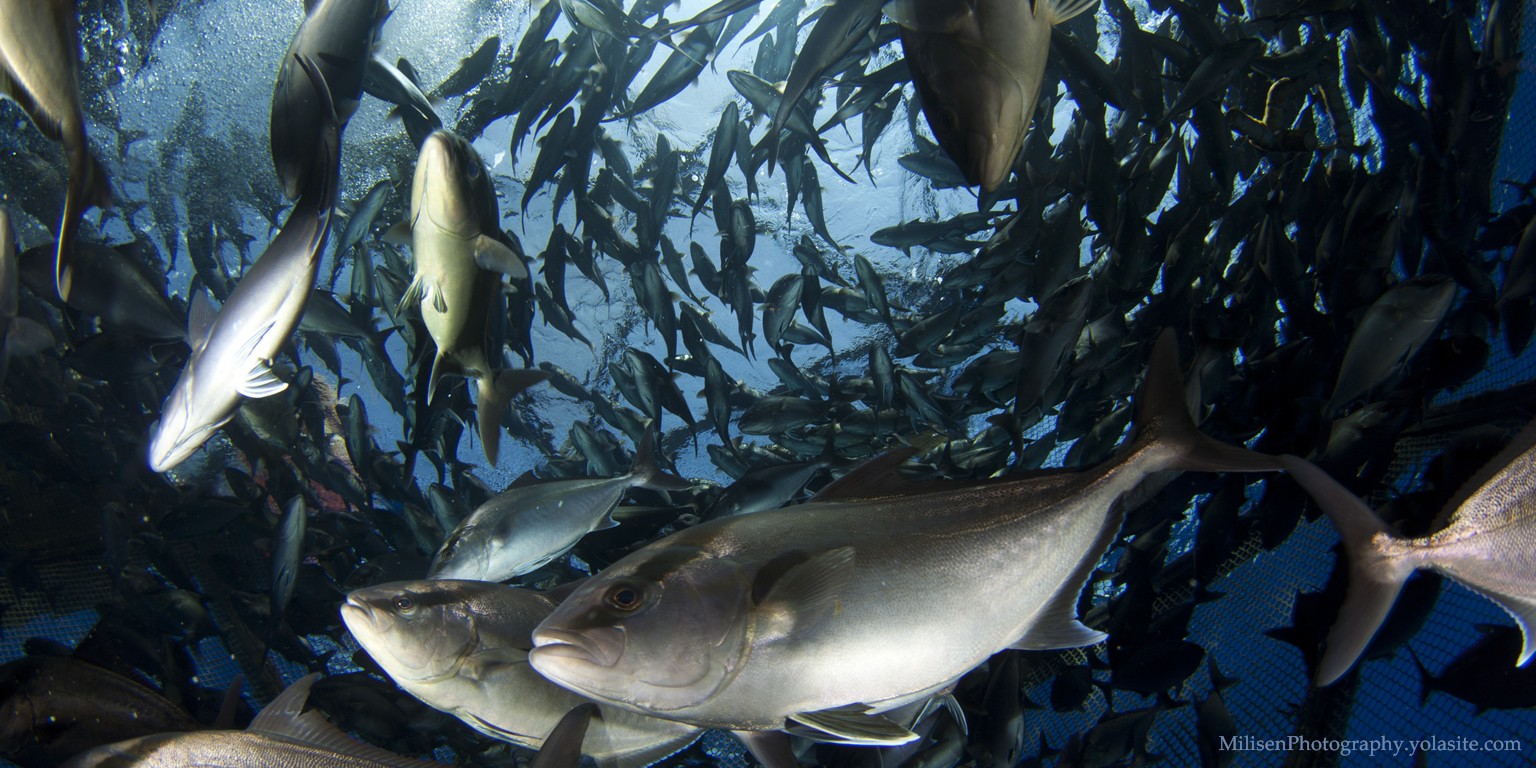The docudrama “Seaspiracy” and its makers have elbowed their way into important conversations already happening on behalf of the so-called “global fishing industry,” without stopping to gather a few key facts.
First things first, there is no global fisheries management system. We are not part of the Federation of Planets, and this is not a sci-fi script. We all live on the planet Earth as citizens of independent nations, each managing its resources as such.
There’s no simple, globally recognized standard for a sustainable fishery because fishery management is nuanced to cater specifically to different regions, gear and target species. That approach is beneficial to fish biomass and habitat, not detrimental.
Many industry stewards have responded to the docudrama’s misnomers and half truths. This will not be a recitation of those points. Here’s our resource guide for easy reference to other well-crafted industry responses.
Join me for a panel discussion hosted by the Maine Coast Fishermen’s Association
The truth is stifled in “Seaspiracy” by manipulation, misinformation and gotcha moments. Inciting fear rather than empowerment does not help anyone be a better consumer or a better steward.
So let’s move on to the real motive:
Living that plant-based life, y’all!
Once upon a time, fine spear points and fire were the pinnacle of human technological advancements. They allowed our ancestors to hunt and cook meat. The result was bigger, stronger and healthier brains and bodies.
Human civilization made dramatic technological leaps with the introduction of meat, then cooked meat, and then dairy as we became an agricultural species — vastly improving our survival and birth rates.
In a nutshell, so to speak, eating meat was an evolutionary shortcut to optimal nutrients for brain development. And it still is. Brain function depends on cholesterol, which is easy to source through animal protein.
I know it’s not sexy, and it certainly won’t make for any dramatic film-making, but the secret to a consistently healthy diet is to eat a variety of foods in moderation.
Several key nutrients are frequently missing in plant-based diets because of the care and knowledge required to eat well without animal protein. Healthy vegans supplement vitamin B12 because it resides in animal proteins exclusively. This is a diet that requires a certain amount of privilege — access to supplements and abundant fresh fruits and vegetables is not even feasible for many Americans.
Eating animal protein provides nutrients quickly and easily. Yes, there are vegan shortcuts, too (as noted in the film). But relying on highly processed and expensive protein substitutes is not arguably healthier or more affordable than eating a few weekly servings of wild fish. Eating plant-based is not simple, nor can it yet be touted as a global default for a healthy planet.
(A point the filmmaker seemed to acknowledge in a quote from a Guardian report: “He said he did not expect people who were facing poverty, hunger and malnutrition around the world to reduce or eliminate their fish consumption.”)
The most desirable foods — even among vegans! — are either truly wild or cultivated to be as close to wild as we can grow them — heirloom variety plants, forest-foraged pigs, grass-fed beef, free-range chicken and eggs. The best dairy is purported to be hormone-free, aka “natural.”
Wild fish exists in an unadulterated state and should be treasured the same way we value truffles, wild blueberries and other foraged and subsistence foods. Their habitats should be maintained for the sake of the humans who depend on them.
If plastics and runoff and contaminants are a problem for the ocean and wild fish, then let’s address those problems — together. Shaming a single industry for a global pollution problem is regressive and unproductive.
I noted that there were no representatives of the U.S. commercial fishing or seafood industries in this piece. I think that says a lot about our fisheries and the standards we have set and continue to push in the right direction. No industry is perfect, but we continue to improve and have every right to take pride in our products.
As industry advocates, we can keep urging consumers to ask questions about their food (all of it): Where is this from? How was it harvested? Is it sustainable?
If you ask those questions of any domestic U.S. seafood, you should get answers you can be proud of. Now let’s spread the word.







